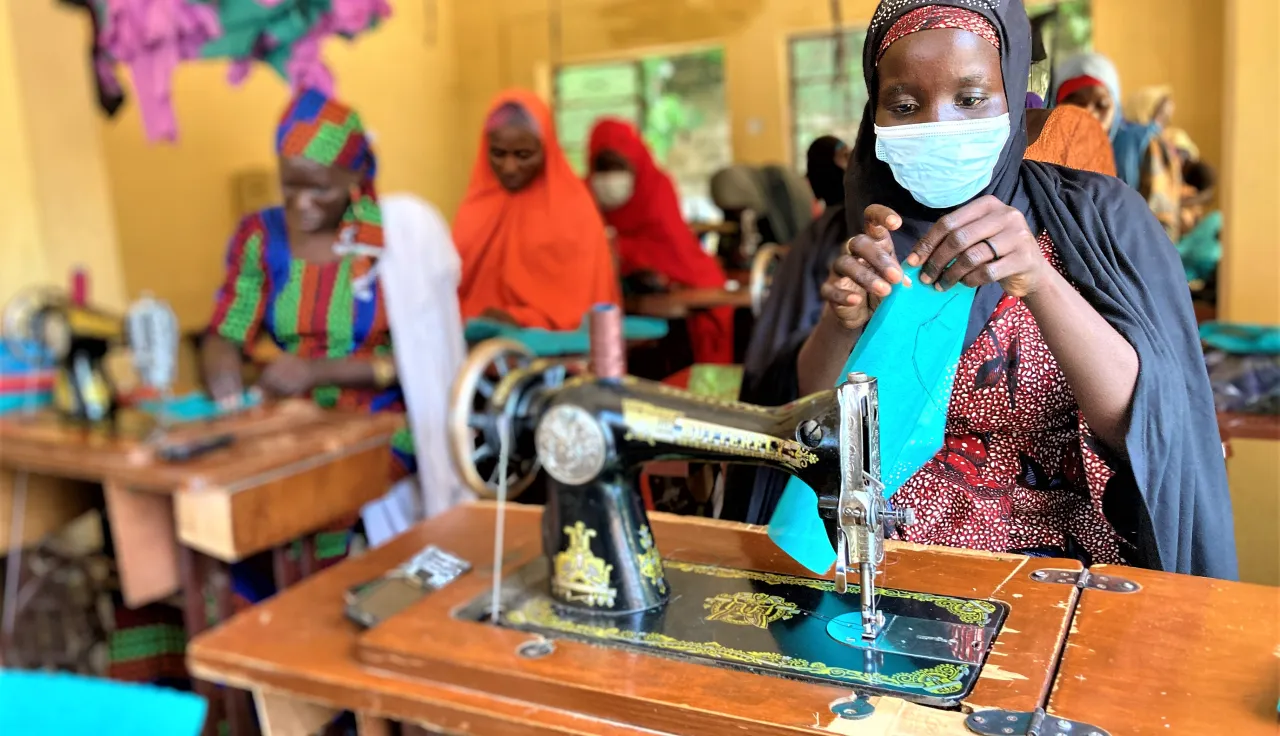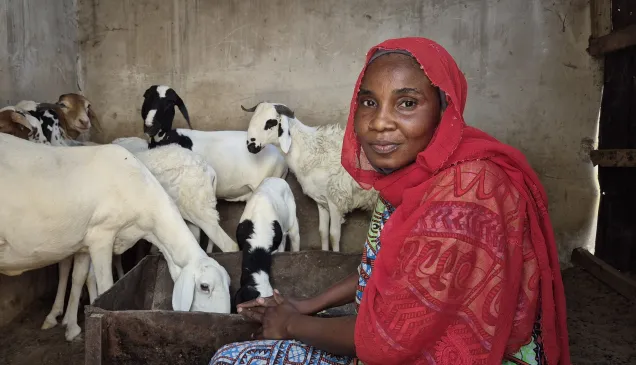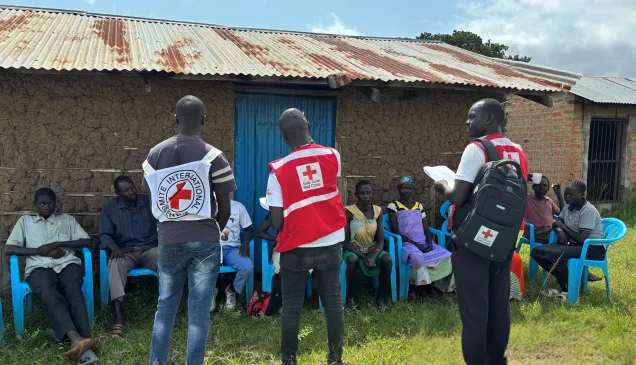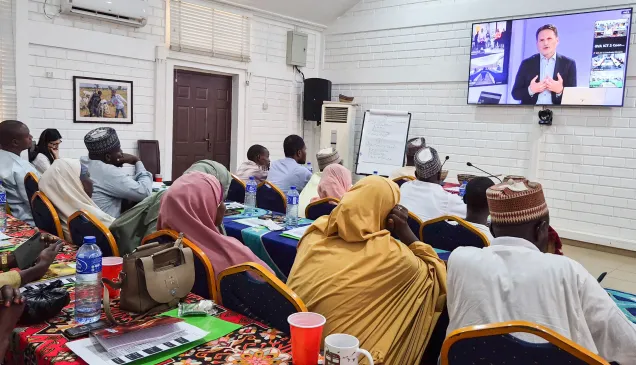In collaboration with the Nigerian Red Cross Society (NRCS), the ICRC continues working in Nigeria to assist and protect people affected by the armed conflict in the Northeast where over 2.2 million people are displaced and in other parts of the country where situations of violence such as communal clashes and farmer/herder clashes present humanitarian challenges for communities living there.
While our humanitarian work has various challenges, affected people in areas where we work face the brunt of suffering from the violence in armed conflict and other situations of violence. In the Northeast, displaced people have fled violence to live in makeshift camps, their families are often separated and loved ones go missing, they lose their means of livelihood, and thus their lives are devastated. We strive to assist them to meet their basic needs including medical services, shelter, water and sanitation, and to restore contact with their missing loved ones.
Please click here to download read our 2021 Facts and Figures.




